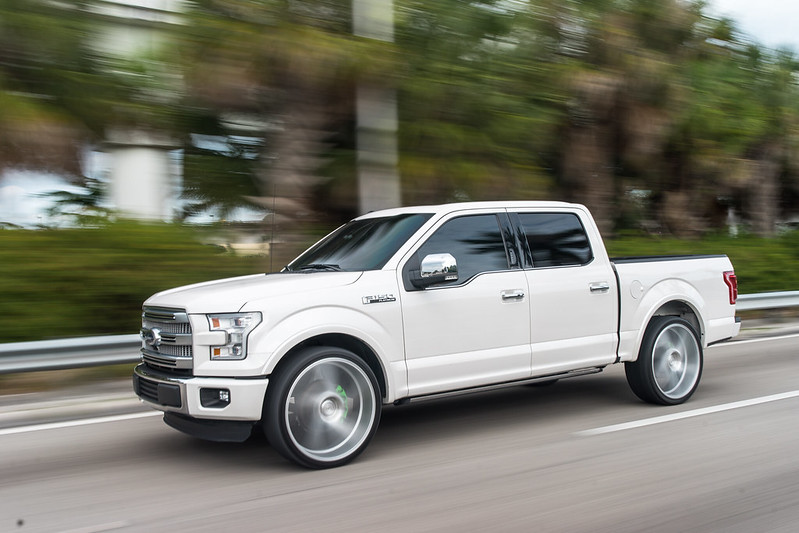SUV Lease: What You Need to Know Before Hitting the Road
Leasing an SUV has become an increasingly popular option for those seeking a versatile and spacious vehicle without the long-term commitment of ownership. Whether you're looking for a family-friendly ride or a stylish urban cruiser, understanding the ins and outs of SUV leasing can help you make an informed decision. Let's explore the key aspects of leasing an SUV and what you should consider before signing on the dotted line.

How does leasing an SUV differ from leasing a car?
While the basic principle of leasing remains the same for both SUVs and cars, there are some key differences to consider. SUVs generally have higher lease payments due to their higher purchase price and potentially lower residual value. Additionally, SUVs often come with higher insurance costs and may have different mileage allowances compared to smaller vehicles. It’s essential to factor in these differences when comparing lease options for SUVs versus standard cars.
What are the advantages of leasing an SUV?
Leasing an SUV can offer several benefits for the right driver. Firstly, it allows you to experience the latest SUV models with advanced features and technology without the long-term financial commitment. Leasing also typically means lower monthly payments compared to financing a purchase, which can make driving a higher-end SUV more accessible. Moreover, many leases include warranty coverage for the duration of the agreement, potentially reducing maintenance costs and providing peace of mind on the road.
Are there any drawbacks to SUV leasing?
While leasing an SUV has its perks, it’s important to consider potential drawbacks. Mileage restrictions are a common concern, as exceeding the allotted miles can result in significant fees at the end of the lease. Additionally, you don’t build equity in the vehicle, and customization options are limited since you’ll need to return the SUV in its original condition. Long-term, leasing may also be more expensive than buying if you plan to keep a vehicle for many years.
What should you consider before leasing an SUV?
Before committing to an SUV lease, there are several factors to weigh. First, assess your driving habits and ensure the mileage allowance aligns with your needs. Consider the total cost of leasing, including monthly payments, down payment, and potential fees. Research different SUV models to find one that fits your lifestyle and budget. It’s also wise to compare lease terms from multiple dealerships to secure the best deal. Lastly, think about your long-term vehicle needs and whether leasing aligns with your financial goals.
How do SUV lease costs compare across different models?
When considering an SUV lease, it’s crucial to understand how costs can vary across different models and manufacturers. To give you a clearer picture, let’s compare some popular SUV lease options:
| SUV Model | Manufacturer | Monthly Lease Payment (Est.) | Lease Term | Down Payment (Est.) |
|---|---|---|---|---|
| RAV4 | Toyota | $299 - $399 | 36 months | $2,999 - $3,999 |
| CR-V | Honda | $279 - $379 | 36 months | $2,799 - $3,799 |
| Rogue | Nissan | $259 - $359 | 36 months | $2,599 - $3,599 |
| Equinox | Chevrolet | $239 - $339 | 36 months | $2,399 - $3,399 |
| Explorer | Ford | $359 - $459 | 36 months | $3,599 - $4,599 |
Prices, rates, or cost estimates mentioned in this article are based on the latest available information but may change over time. Independent research is advised before making financial decisions.
As you can see, lease costs can vary significantly depending on the make and model of the SUV. Luxury SUVs or those with advanced features will typically have higher monthly payments and down payments. It’s important to note that these figures are estimates and can fluctuate based on factors such as your credit score, location, and current promotions.
When comparing lease offers, pay attention to the fine print. Some deals may advertise low monthly payments but require a larger down payment or have stricter mileage limits. Always calculate the total cost of the lease over its entire term to make an accurate comparison between different SUV models and offers.
In conclusion, leasing an SUV can be an excellent option for those who enjoy driving the latest models and prefer lower monthly payments. However, it’s crucial to carefully consider your driving needs, budget, and long-term goals before committing to a lease. By understanding the nuances of SUV leasing and comparing different options, you can make an informed decision that gets you behind the wheel of the right vehicle for your lifestyle. Remember to read the lease agreement thoroughly and don’t hesitate to negotiate terms to ensure you’re getting the best possible deal on your SUV lease.




